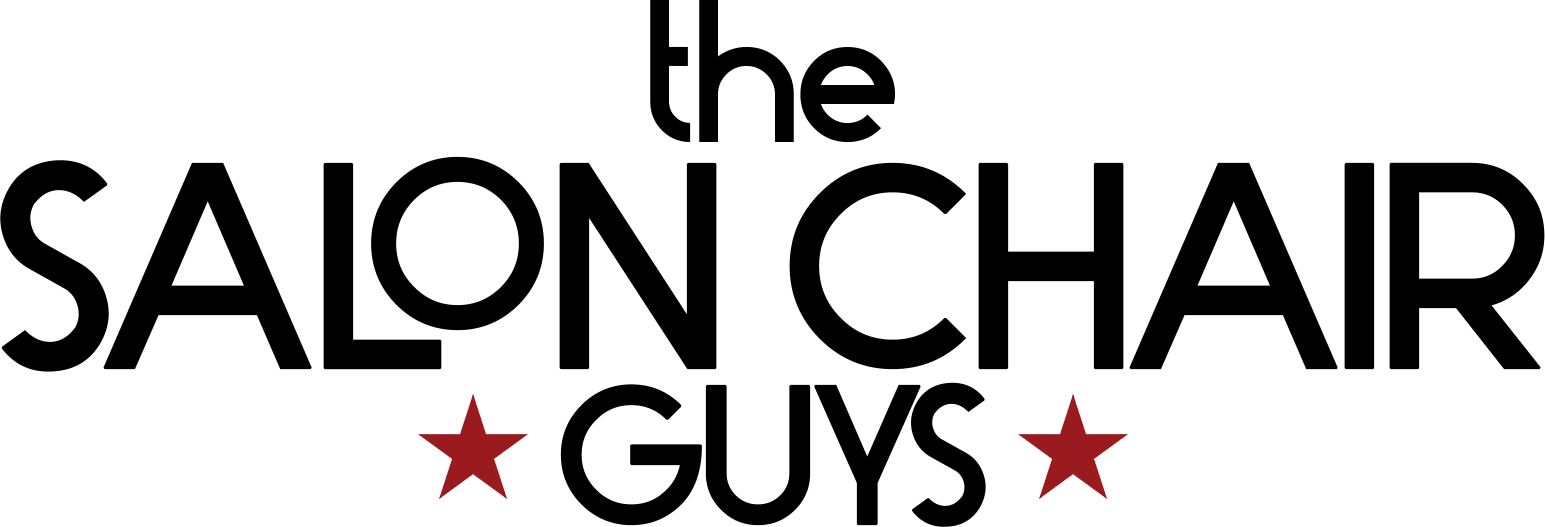

In recent years, the personal care industry has witnessed a remarkable trend: barbering has emerged as the fastest-growing profession in the United States, and barber shops have become the fastest-growing retail spaces. This growth can be attributed to various factors, including rising industry-wide revenue, an increasing number of men seeking services, and a surge in new market entrants such as barbershops and certified barbers.
So, what do barbers actually make? On average, a barber's yearly income amounts to approximately $27,388. However, the income distribution is vast, with some barbers earning between $50,000 and $110,000 per year. This disparity may be due to factors such as unreported cash tips and income generated from related services like retail sales, waxing, and skincare.
barbering has emerged as the fastest-growing profession in the United States
Certain sources report much higher average incomes for barbers, hovering around $82,963 annually. In some cities, barbers can charge more for their services and earn more per client. To increase profits, barbers and barber shops can adopt various strategies.
Cross-selling barbering products/merchandise: By selling high-quality hair and beard products related to barbering services, barbers can increase their per-customer income by 15%-25%.
Upselling barber shop services: Offering bundled services at a discounted rate compared to purchasing them separately can encourage customers to buy more services during a single visit.
 Investing in higher-quality standard services: By investing in better equipment and products, and offering value-added elements for free, barbers can justify charging higher prices and secure larger paychecks.
Investing in higher-quality standard services: By investing in better equipment and products, and offering value-added elements for free, barbers can justify charging higher prices and secure larger paychecks.
Offering value-additive barbering-adjacent services: Incorporating services such as facial/eyebrow waxing or enzyme facials can keep clients in the barber chair longer and encourage more frequent visits.
Differentiating through sustainable, eco-friendly, and cruelty-free services: An increasing number of consumers are willing to pay more for sustainable products and services. By investing in eco-friendly hair care products, equipment, and practices, barbers and barber shops can attract more loyal customers and increase their average earnings per customer.
In conclusion, the expansion of the barbering industry presents significant opportunities for barbers and barber shops to enhance their earnings. By implementing these strategies, barbers can capitalize on the growing demand for quality and sustainable services, ultimately improving their bottom line.
In a rapidly evolving industry, barbers and barber shops must stay ahead of the curve to maintain their competitiveness. By leveraging the strategies mentioned above, they can not only increase their earnings but also cater to the changing preferences and expectations of their clientele. As consumers become more discerning and environmentally conscious, barbers who embrace sustainable practices and offer high-quality, eco-friendly services are likely to find themselves at the forefront of the industry. In the end, success in the barbering business depends on the ability to adapt and innovate, ensuring that clients receive the best possible experience while simultaneously boosting profits.
Sources:
https://www.forbes.com/sites/bisnow
/2017/07/06/barbershops-are-back-
and-bucking-retail-trends/
https://www.statista.com/forecasts/
409860/united-states-barber-shops
-revenue-forecast-naics-812111
https://towardsdatascience.com/
analyzing-who-spends-more-on-
haircuts-men-or-women-
a90003e98312
https://www.ibisworld.com/
united-states/market-research
-reports/barber-shops-industry/
https://datausa.io/profile/soc/barbers
https://www.bls.gov/oes/
2018/may/oes395011.htm
https://www.modernsalon.com/
370823/the-2015-mens-grooming-study
https://choicebarber.com/how-
much-money-does-a-barber-
make-2018/
https://www.indeed.com/career
/barber/salaries
https://health.costhelper.com/
waxing.html


Great post. Barbers can earn a lot of money through this post. Thanks for sharing.
Awesome post. I read your post from first to last. Thanks for sharing with us.